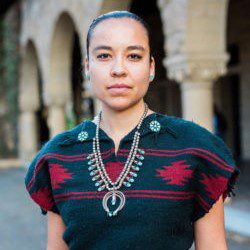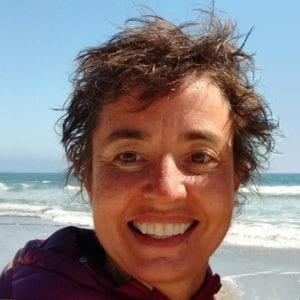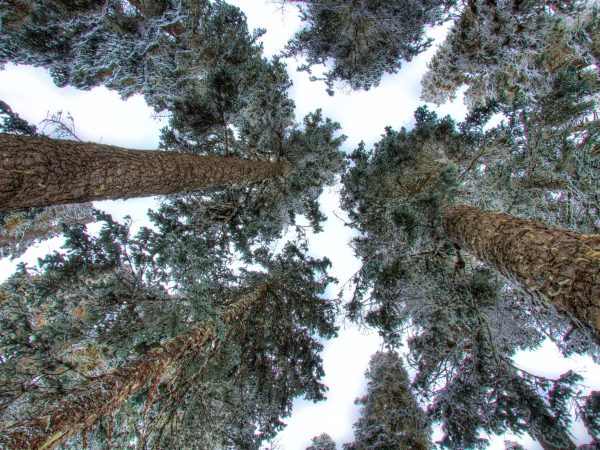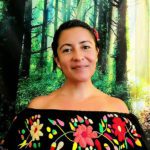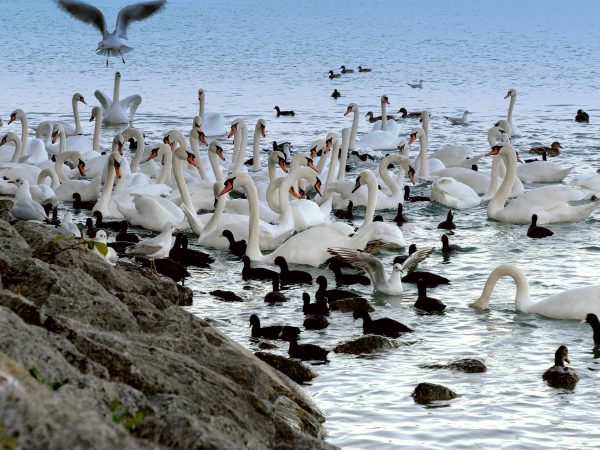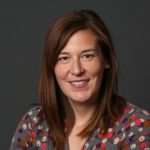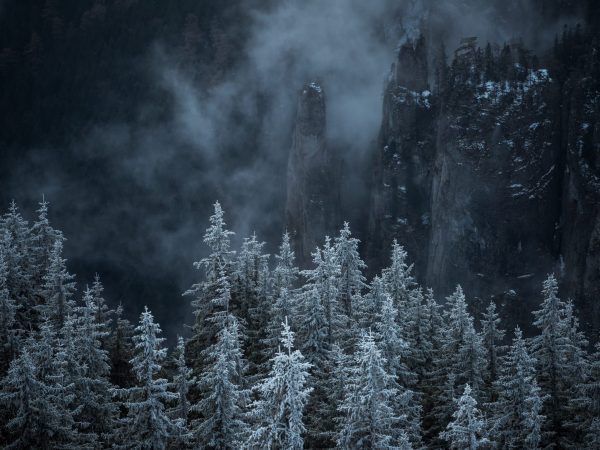Highlights
Having compassion for ourselves and each other, while also holding ourselves to higher standards are completely compatible. In fact, you need them both. You can’t do one without the other.
I want to be a part of healing, and apology, and sorrow, and amends, you know, reparations. Because otherwise we’re just going to be enemies forever and I don’t want that.
We could point fingers and blame and shame all day, but is that really going to heal us on a deeper intergenerational level?
It’s unfortunate that we take so long to admit our mistakes, but it’s incredibly joyful and fulfilling once we do.
I’m very much a believer in forgiveness and that helped me probably to come forward with my ancestors misdeeds perhaps a little more readily.
We have yet to really grapple with this notion of human supremacy, this notion that for some arbitrary reason, we are more important than all other life and our needs and our wants are primary because we’re smarter or something.
Just because something can’t fight back, because it doesn’t have opposable thumbs or is not intelligent in the way that we think is intelligent, doesn’t give us a license to abuse them, enslave them, factory farm them and extract from them.
I think when we give reverence to the earth, we have a deep sense of joy, a spiritual joy because we’re living out our purpose.
I always pray for help. That’s a really powerful prayer I was told. Just help, one word. You don’t have to say, help me with this or help me with that. Just help. Because frankly, we don’t even know what we need help with.
You can read the transcript of this interview here.
This talk was excerpted from The Time Is Now: Showing Up for the Planet, a daylong program on April 22 hosted by Spirit Rock. Explore additional program resources here.
